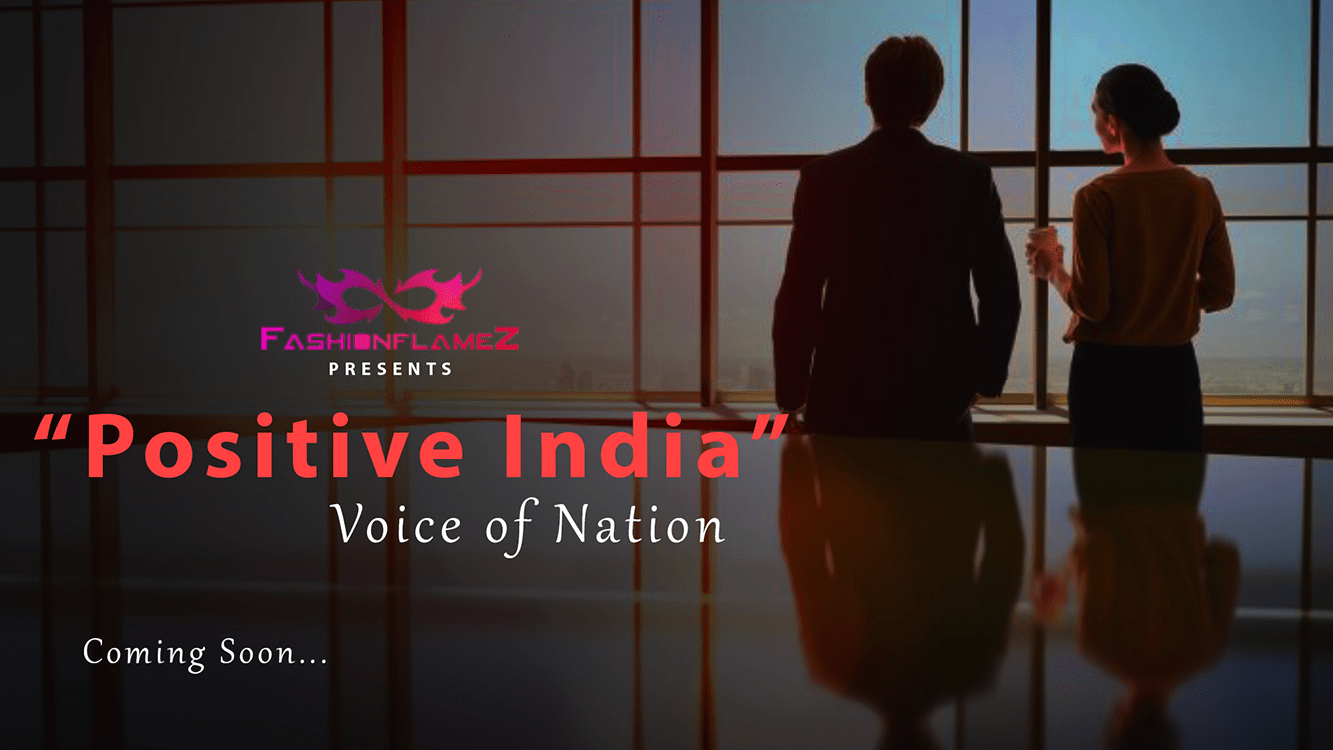
ಆತ್ಮೀಯರೇ, ಒಂದೆಡೆ ತಮ್ಮ ಬರಹಗಳನ್ನೂ ಪುಸ್ತಕಗಳ ರೂಪದಲ್ಲಿ ಹೊರತರಬೇಕೆಂಬ ಮಹದಾಸೆ ಹೊತ್ತಿರುವ ಯುವ ಲೇಖಕರು, ಇನ್ನೊಂದೆಡೆ ಪುಸ್ತಕಗಳನ್ನು ಮುದ್ರಿಸಿ ಕೈಸುಟ್ಟು ಕೊಳ್ಳುತ್ತಿರುವ ಪ್ರಕಾಶಕರು ಮತ್ತೊಂದೆಡೆ ಪುಸ್ತಕ ಓದುವ ಸಂಸ್ಕೃತಿಯನ್ನು ಜನರಲ್ಲಿ ಬೆಳೆಸಲು ಹರಸಾಹಸ ಪಡುತ್ತಿರುವ ಸಹೃದಯರು, ಮಗದೊಂದೆಡೆ ಮೊಬೈಲ್ ಹಿಡಿದುಕೊಂಡೇ ಜಗತ್ತನ್ನು ಜಾಲಾಡುತ್ತಿರುವ ಯುವಜನರು, ಈ ಎಲ್ಲ ವಾಸ್ತವಗಳ ನಡುವೆ ಜ್ಞಾನನಧಾರೆಯನ್ನು ಯಾವ ದಾರಿಯಲ್ಲಾದರೂ ಜನಮಾನಸಕ್ಕೆ ತಲುಪಿಸಬೇಕೆಂಬ ಸದುದ್ದೇಶ ನಮ್ಮ ಕನ್ನಡ ಟೈಮ್ ಸಂಸ್ಥೆಯದು.
ಹಲವಾರು ಸಂಕಷ್ಟ ಹಾಗೂ ಸವಾಲುಗಳ ನಡುವೆ ಮುನ್ನಡೆಯುತ್ತಿರುವ ಮುದ್ರಣ ಮಾಧ್ಯಮಕ್ಕೆ ತನ್ನದೇ ಆದ ಹಲವಾರು ಇತಿಮಿತಿಗಳಿವೆ. ಆಧುನಿಕ ಜಗತ್ತಿನ ತಂತ್ರಜ್ಞಾನದ ಮೂಲಕ ಲೇಖನ, ಕವನ, ಕಥೆ, ಕಾದಂಬರಿ, ಇನ್ನಿತರ ವಿಚಾರಧಾರೆಗಳನ್ನು ಓದುಗರಿಗೆ ತಲುಪಿಸಲು ಓದುಗರನ್ನು ಕೇಳುಗರನ್ನಾಗಿಯಾದರೂ ಮಾರ್ಪಡಿಸಲೇಬೇಕಾಗಿದೆ. ಓದುವ ಅಭ್ಯಾಸ ಇರದವರಿಗೆ ಕೇಳುವ ಅಭ್ಯಾಸವನ್ನಾದರೂ ಮಾಡಿಸಬೇಕಿದೆ. ಓದಲು ಬಾರದ ಅನಕ್ಷರಸ್ಥರಿಗೂ ಜ್ಞಾನವನ್ನು ಪಸರಿಸಬೇಕಾಗಿದೆ. ಇನ್ನೂ ಹೆಚ್ಚು ಹೆಚ್ಚು ಓದಬೇಕೆಂಬ ಆಸೆ ಹೊತ್ತಿರುವ ದೃಷ್ಟಿ ಸಮಸ್ಯೆಯಿರುವ ಹಿರಿಯರೂ, ಹೊತ್ತಿಗೆಗಳನ್ನು ತಮ್ಮ ಜೊತೆ ಹೊತ್ತುಕೊಂಡು ಸಾಗಲಾಗದ ಸದಾ ಪ್ರವಾಸದಲ್ಲಿರುವ ಉದ್ಯೋಗಿಗಗಳೂ ಉದ್ಯಮಿಗಳೂ ಇವರೆಲ್ಲರ ಬಳಿ ಕಡೇ ಪಕ್ಷ ಕೈಯ್ಯಲ್ಲೊಂದು ಮೊಬೈಲ್ ಇದ್ದೇ ಇರುತ್ತದೆ ಎಂಬುದಂತೂ ಸತ್ಯ. ಆ ಮೊಬೈಲೇ ಮೇಲಿನ ಎಲ್ಲ ಸಮಸ್ಯೆ, ಎಲ್ಲರ ಸಮಸ್ಯೆಗಳಿಗೆ ಪರಿಹಾರವೆಂಬುದೂ ಸತ್ಯ.
ಆತ್ಮೀಯರೇ, ಹಾಗಾಗಿ ಹೊತ್ತಿಗೆಗಳನ್ನೀಗ ಧ್ವನಿಪುಸ್ತಕಗಳ ಮೂಲಕ ಕೇಳುವ ಹೊತ್ತು. ಈಗಾಗಲೇ ಮುದ್ರಣವಾದ ಹಾಗೂ ಇನ್ನೂ ಮುದ್ರಣವಾಗದ ಪುಸ್ತಕಗಳನ್ನು ಧ್ವನಿ ಪುಸ್ತಕಗಳ ಮೂಲಕ ಬಿಡುಗಡೆ ಮಾಡಿ ಜಗತ್ತಿನಾದ್ಯಂತ ಜ್ಞಾನಧಾರೆಯನ್ನು ಹರಡಲು ಹೊರಡುತ್ತಿದೆ ನಮ್ಮ ಕನ್ನಡ ಟೈಮ್ಸ್ ಆಡಿಯೋ ಬುಕ್ಸ್.
ಲೇಖನಗಳನ್ನು ನಿರೂಪಣೆಯ ಮೂಲಕ ರೂಪಾಂತರಿಸಿ ಆಡೀಯೋ ಪುಸ್ತಕಗಳನ್ನು ಬಿಡುಗಡೆ ಮಾಡುವುದರಿಂದ ನಿರೂಪಕರಿಗೂ ತಮ್ಮ ಪ್ರತಿಭೆಯನ್ನು ಸಾದರ ಪಡಿಸಲೊಂದು ಅವಕಾಶವಾದಂತಾಗುತ್ತದೆ. ಇಂಪಾದ ಧ್ವನಿಯೊಂದರ ಮೂಲಕ ಜ್ಞಾನಸುಧೆ ಕೇಳುಗನ ಅಂತರಂಗವನ್ನು ಸಲೀಸಾಗಿ ತಲುಪಿಬಿಡುತ್ತದೆ. ಅಲ್ಲಿಗೆ ಲೇಖಕನ ಆಶಯವೂ ಈಡೇರಿದಂತಾಗಿತ್ತದೆ. ಪುಸ್ತಕವೆಂಬ ವಸ್ತುರೂಪವನ್ನೇ ಮೀರಿದ ಈ ನಮ್ಮ ಕನ್ನಡ ಟೈಮ್ಸ್ ಆಡಿಯೋ ಬುಕ್ಸ್ ಪ್ರಯತ್ನಕ್ಕೆ ನಿರೀಕ್ಷೆಗೂ ಮೀರಿ ತಾವೆಲ್ಲಾ ಸ್ಪಂದಿಸುತ್ತೇರೆಂಬ ಭರವಸೆ ನಮಗಿದೆ.
ಶಾರ್ವರೀ ಸಂವತ್ಸರದ ರಾಮನವಮಿಯ ಈ ಶುಭದಿನದಂದು ನಮ್ಮ ಕನ್ನಡ ಟೈಮ್ಸ್ ಸಂಸ್ಥೆ ತನ್ನ ಮೊದಲ ಕನ್ನಡ ಧ್ವನಿ ಪುಸ್ತಕವನ್ನು ಲೋಕಾರ್ಪಣೆಗೊಳಿಸುತ್ತಿದೆ. ಧನ ಸಂಪಾದನೆಗಿಂತ ಜನ ಸಂಪಾದನೆಯೇ ಮುಖ್ಯವೆಂಬ ಆಶಯದೊಂದಿಗೆ ಅಂತರಜಾಲಗಳಲ್ಲಿ ನಮ್ಮ ಸಂಸ್ಥೆಯ ಆಡಿಯೋ ಪುಸ್ತಕಗಳನ್ನು ಹಣ ಪಾವತಿಸಿ ಪಡೆದುಕೊಳ್ಳುವ ವ್ಯವಸ್ಥೆಯ ಬದಲು ಉಚಿತವಾಗಿಯೇ ಯೂಟೂಬಿನಲ್ಲಿ ಬಿಡುಗಡೆ ಮಾಡುವ ಮುಖೇನ ಕೋಟ್ಯಾಂತರ ಮಂದಿ ಇದನ್ನು ಕೇಳುವಂತೆ ಮಾಡುತ್ತಿದ್ದೇವೆ. ಇಂತಹ ಸದುದ್ದೇಶವನ್ನಿರಿಸಿಕೊಂಡು ಪ್ರಾರಂಭಿಸಿರುವ ಈ ನಮ್ಮ ಯೋಜನೆಯನ್ನು ತಾವೆಲ್ಲಾ ಸದುಪಯೋಗ ಪಡಿಸಿಕೊಳ್ಳುತ್ತೀರೆಂಬ ನಂಬಿಕೆ ನಮ್ಮದು.
ನಿಮ್ಮೆಲ್ಲರ ಶುಭಹಾರೈಕೆ ಪ್ರೋತ್ಸಾಹ ಸದಾ ನಮ್ಮ ಸಂಸ್ಥೆಯ ಮೇಲಿರಲಿ.
ವಂದನೆಗಳೊಂದಿಗೆ
ಡಾ.ಚಿನ್ಮಯ ರಾವ್
ಸಂಸ್ಥಾಪಕರು
ಕನ್ನಡ ಟೈಮ್ಸ್ ಮೀಡಿಯಾ ವಲ್ರ್ಡ್ (ರಿ.)
2-4-2020




